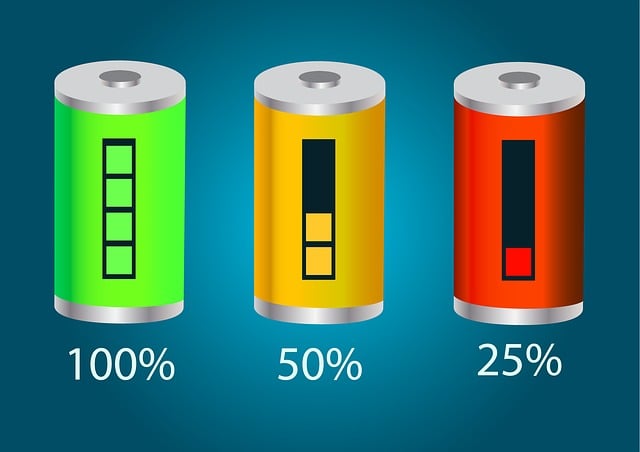Oregon's drug defense framework balances public safety and individual rights, with rehabilitation over strict punishment. Drug case tactics Oregon involve understanding substance schedules, navigating diversion programs, scrutinizing evidence, challenging unlawful searches, deposing witnesses, and shaping public opinion to protect clients' rights and increase favorable outcomes. Defense attorneys play a vital role in guiding clients through unique cases, ensuring tailored strategies based on law knowledge and defenses like unreasonable search or lack of intent to distribute.
Oregon’s stringent drug laws can make defending against charges a challenging task. However, with strategic planning and an understanding of the legal framework, effective defenses can be built. This article explores key aspects of navigating a drug case in Oregon, focusing on pre-trial and trial strategies. From comprehending the state’s drug laws and penalties to employing tactical maneuvers before and during court proceedings, these insights provide valuable guidance for those facing drug-related charges in Oregon. Discover effective tactics to bolster your defense and protect your future.
- Understanding Oregon's Drug Laws and Penalties
- Pre-Trial Tactics: Building a Strong Defense
- Trial Strategies: Navigating the Legal Process
Understanding Oregon's Drug Laws and Penalties

Oregon has a comprehensive framework for defending drug charges, with its laws and penalties reflecting a balanced approach between public safety and individual rights. Understanding these regulations is crucial in any drug case tactics Oregon strategy. The state categorizes controlled substances into different schedules, each with specific restrictions on possession, use, and distribution. Penalties vary based on the type and quantity of drugs involved, as well as prior convictions.
Oregon’s approach to drug cases emphasizes rehabilitation and treatment over strict punishment. This means that defendants facing drug-related charges may have options for diversion programs and reduced sentences if they participate in successful rehabilitation efforts. Navigating these complexities requires a deep understanding of state laws and effective drug case tactics Oregon, ensuring the best possible outcome for those accused.
Pre-Trial Tactics: Building a Strong Defense

In an Oregon drug case, pre-trial tactics are crucial for building a strong defense. One of the first steps is to thoroughly review the evidence gathered by law enforcement, which often includes testing procedures and source information. By questioning the validity and reliability of these elements, legal professionals can challenge the state’s case before it even reaches the courtroom. Additionally, they may explore alternative theories and arguments that cast doubt on the prosecution’s narrative, such as suggesting an unlawful search or mishandling of evidence.
Another tactic involves deposing witnesses, including police officers, to gain insights into their investigations and decision-making processes. This strategy allows for a deeper understanding of the case’s intricacies and potential weaknesses. Moreover, attorneys can use this information to craft persuasive cross-examination strategies, aiming to undermine the credibility of prosecution witnesses during the trial. Effective pre-trial tactics in Oregon drug cases empower defense lawyers to shape public perceptions, raise reasonable doubts, and ultimately protect their clients’ rights.
Trial Strategies: Navigating the Legal Process

When facing drug charges in Oregon, understanding the legal process and employing effective trial strategies is crucial. One key aspect is recognizing that each case is unique; therefore, tailoring a defense strategy to fit the specific circumstances is essential. Defense attorneys play a pivotal role in guiding clients through this complex landscape, ensuring their rights are protected at every step.
Effective drug case tactics involve meticulous preparation and an in-depth knowledge of the law. This includes thoroughly reviewing evidence, questioning witness credibility, and exploring potential legal defenses such as unreasonable search and seizure or lack of intent to distribute. By navigating these strategies, defendants can build a robust defense, increase their chances of a favorable outcome, and ultimately protect their freedom and future prospects.






